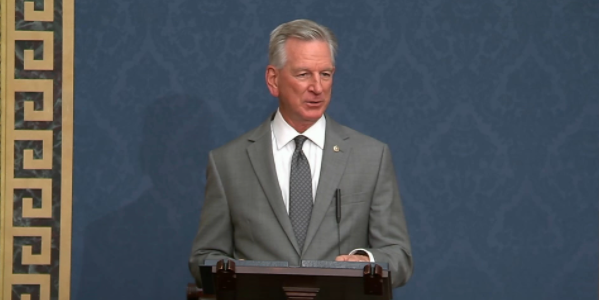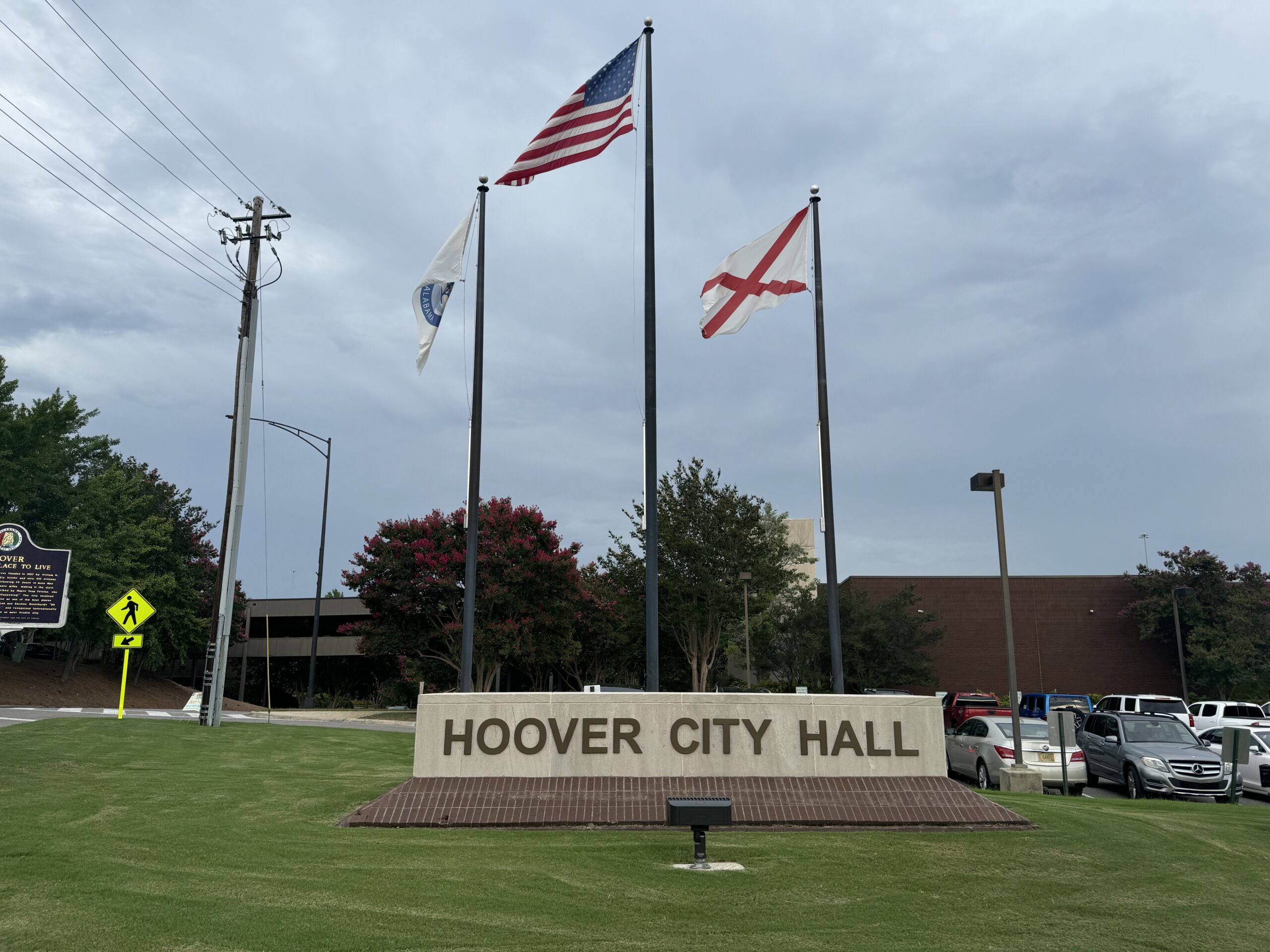U.S. Senator Tommy Tuberville (R-Alabama) recently expressed concerns about farmers being unable to access disaster relief dollars. Specifically, Sen. Tuberville is concerned that the United States Department of Agriculture (USDA) is discriminating against larger farms in the disaster relief that farmers receive.
“I am continuing my effort to protect Alabama farmers,” Sen. Tuberville told Alabama reporters during a press call. “Right now, a lot of Alabama farmers are frustrated by the way the Department of Agriculture, USDA, is giving out aid for emergency disaster relief for things like drought, hurricanes, and winter storms.”
“The Biden Administration took a helpful relief program and absolutely ruined it,” said Tuberville. “The program’s rollout was extremely delayed, and the methodology and the implementation of the relief program is not equal for all farmers based on their losses. Right now, larger farms are getting only about ten to twenty-five percent of their losses back in relief from the Department of Agriculture. That leaves a lot of our farmers struggling to make ends meet.”
Alabama farmers are being severely impacted by the severe drought that hit the state from August to November. While rains did break the drought conditions, they came after killing frosts, meaning that many farmers went into winter without adequate stockpiled grass and hay to feed cows through the winter. USDA does have the Livestock Forage Disaster Program. Farmers and ranchers affected by the drought should contact their local Farm Service Agency office for more details. The drought has also impacted orchards and winter grain farmers (winter wheat, rye, and oats). Given the dry conditions, many parts of the state were too dry for the seeds to establish themselves if the farmers even got the crop in. They either lost the crop or had to irrigate to get it established this winter – pumping water, if it was even available, is costly.
“This week, I am joining Senator Roger Marshall (R-Kansas) and Senator John Hoeven (R-North Dakota) to go on record to tell the Department of Agriculture to get the woke ideology out of farm aid,” Sen. Tuberville continued. “Disaster relief is supposed to help farmers who need it, not hurt them. Congress has appropriated the money. The Department needs to use it to help all of our farmers to keep food on the table.”
Sen. Tuberville is also concerned that a recent decision by USDA to allow fresh beef imports from Paraguay will be dangerous for food safety in the United States. Historically, beef from the South American nation has been barred due to the presence of foot and mouth disease there and the fear that it could spread to the United States.
“The USDA also recently passed a rule to allow the importation of fresh beef from Paraguay,” Tuberville said. “This represents and presents concerns to the safety of our nation’s beef consumption as Paraguay does not have the same food and processing standards as the United States. Our biggest concern is foot and mouth disease entering the U.S. through these imports. Not only is it a safety risk, but it is a huge blow to America’s beef farmers.”
In response to the USDA rule, Sens. Mike Rounds (R-South Dakota) and Jon Tester (D-Montana) introduced Senate Bill 3386 (S.3386) to temporarily suspend imports of beef and beef products from Paraguay and require the U.S. Department of Agriculture (USDA) to convene a working group to fully evaluate the threat that such imports would have on U.S. food safety and animal health.
Beef imports from Paraguay are expected to hit grocery store shelves beginning December 14, 2023.
Foot and mouth disease is a highly contagious disease of cloven-hoofed animals like cattle. The USDA estimates that an outbreak in the United States would result in losses over a 15-year period of between $37 billion to $42 billion. The last known FMD outbreak in Paraguay occurred in 2011.
“We are grateful for this bipartisan action to protect our food supply and animal health from what we view as an extremely irresponsible decision by the USDA,” said R-CALF USA CEO Bill Bullard. “But Congress will have to act quickly to pass this legislation in time to prevent the importation of potentially high-risk beef from Paraguay given that the USDA wants to allow such beef imports to begin as early as December 14.”
“The USDA needs to start putting our farmers first, not last,” Tuberville concluded.
To connect with the author of this story or to comment, email brandonmreporter@gmail.com.
Related
Share via:














